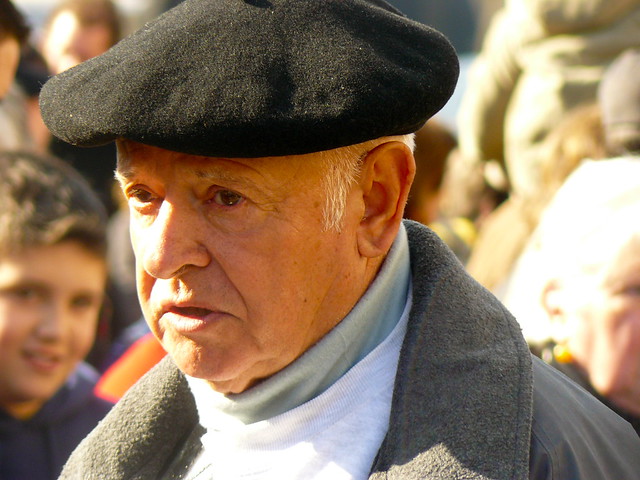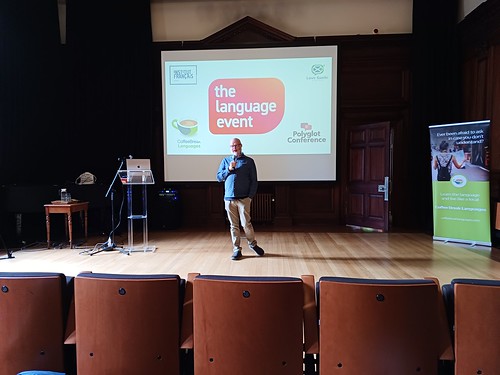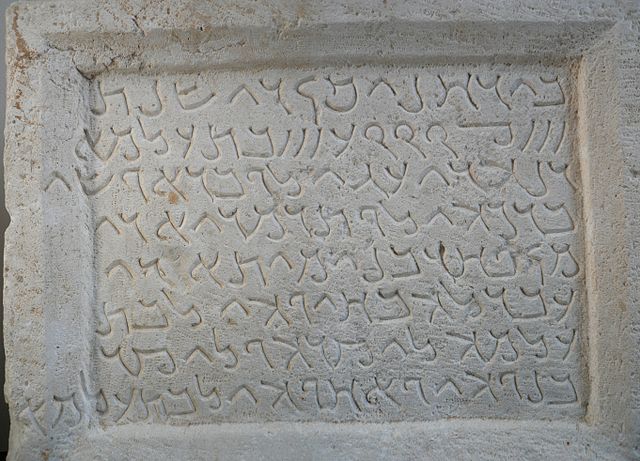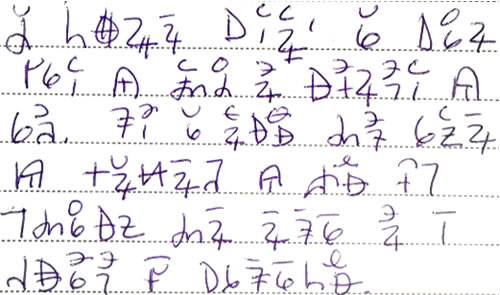Podcast: Play in new window | Download
There are new language pages about:
- ꞌAreꞌare, a Southeast Solomonic language spoken in Malaita Province in the Solomon Islands.
- Bena (Kibena), a Northeast Bantu language spoken in southern Tanzania.
- Kunda (Chikunda), a Bantu language spoken in mainly in Zimbabwe, and also in Zambia and Mozambique.
New adapted script: Skript Amażigħ (ⵙⴽⵉⵒⵜ ⴰⵎⴰⵥⵉⵖ), which is a way to write Maltese with the Neo-Tifinagh alphabet devised by Grunky Scripples.

New phrases page in Oʼodham (O’odham Ñeoki), an Uto-Aztecan language spoken mainly in Arizona in the USA, and also northern Mexico.
New numbers page: Old Breton, Middle Breton, Bena, Kunda and Middle Irish.
There’s a new Omniglot blog post entitled Joyful Delight about the Finnish word iloinen (happy, cheerful, glad, merry) and related words in Finnish and other languages, and the usual Language Quiz. See if you can guess what language this is:
Here’s a clue: this language is spoken mainly in Pakistan.
The mystery language in last week’s language quiz was Sena, a Bantu language spoken in Mozamique and Malawi.
In this week’s Celtic Pathways podcast we uncover the Celtic origins of the word Beret.
There’s a new Celtiadur post called Quintuple about words for five and related things, and one called Short Cuts about words for short, cut and related things in Celtic languages.
In other news, I had an interesting discussion this week about writing systems with Tim Brookes, the man behind the Endangered Alphabets project, who was inspired by Omniglot.
For more Omniglot News see:
https://www.omniglot.com/news/
https://twitter.com/Omniglossia
https://www.facebook.com/groups/omniglot/
https://www.facebook.com/Omniglot-100430558332117
You can also listen to this podcast on: Apple Podcasts, Amazon Music, Stitcher, TuneIn, Podchaser, PlayerFM or podtail.
If you would like to support this podcast, you can make a donation via PayPal or Patreon, or contribute to Omniglot in other ways.
Radio Omniglot podcasts are brought to you in association with Blubrry Podcast Hosting, a great place to host your podcasts. Get your first month free with the promo code omniglot.

















